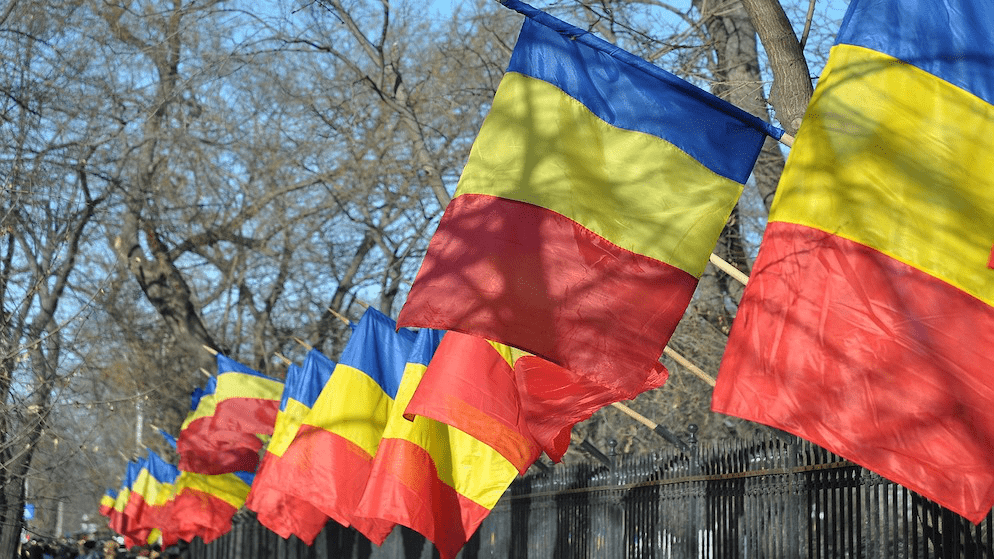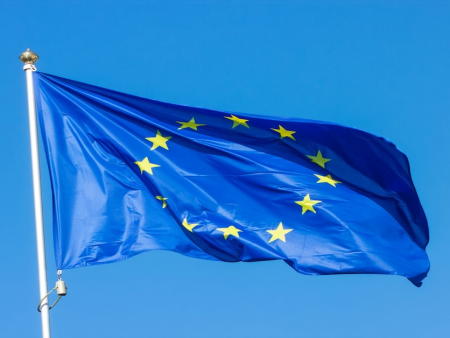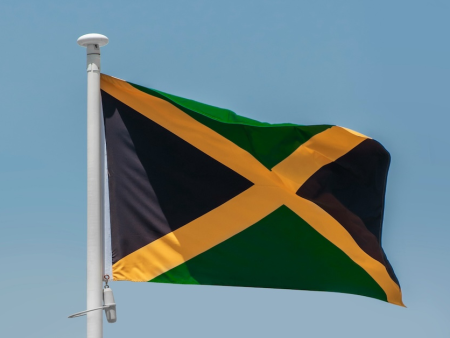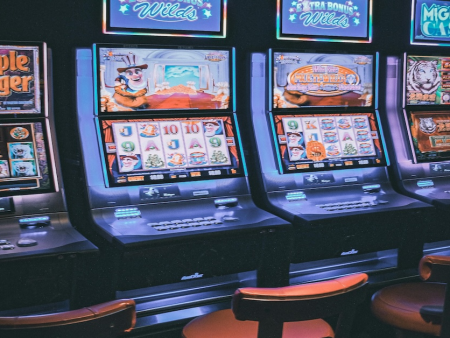Last updated on June 17th, 2025

The parliament of Romania has easily approved the emergency measures regarding the new gambling regulations proposed by the Ministry of Finance. The new regulations entail a substantial increase in license fees across all gambling sectors in Romania, along with fresh guidelines specifically for advertising.
Starting today, license holders must establish residence in Romania and promptly submit tax payments to the national gambling regulator, ONJN, at most within five business days following the approval by the parliament.
Several restrictions have already been put in place, including a prohibition on unprompted online gambling advertisements, the promotion of incentives such as promotions, bonuses, and special offers, and even the sale of alcohol in land-based gambling establishments that are not casinos.
Additionally, a central platform will be implemented to allow ONJN to oversee various activities. This includes gameplay and technical matters among licensed operators to ensure that the laws are being obeyed.
The new license fees, differing from the ministry’s initial proposals, are:
- €500,000 – Online Gambling
- €200,000 – Lottery
- €65,000 – Pari-Mutuel Betting
- €200,000 – Fixed-Odds Betting
- €150,000 – Counter Betting
- €4,000 – Casino – per table
- €25,000 – Poker Club – per club
- €150,000 – Slot Machines
- €5,000 – Bingo at Land-Based Venues
- €500,000 – TV Bingo
- Slot Machines – €100 per machine (will increase to €300 in 2024 and €500 in 2025)
ONJN, Romania’s official national gambling regulator, has been instructed that starting from January 2025, all license holders must set aside a minimum of €1 million for licensing fees, obligations, and other payment-related matters, regardless of their earnings or the gambling vertical that they operate in.
In addition, the new measures also mention a highly sensitive matter that is all about protecting the players and filling up the Romanian budget. More specifically, 70% of gambling tax contributions from all gambling providers regardless of the sector will be poured into the state budget, while the remaining 30% will go towards supporting responsible gambling policies.





